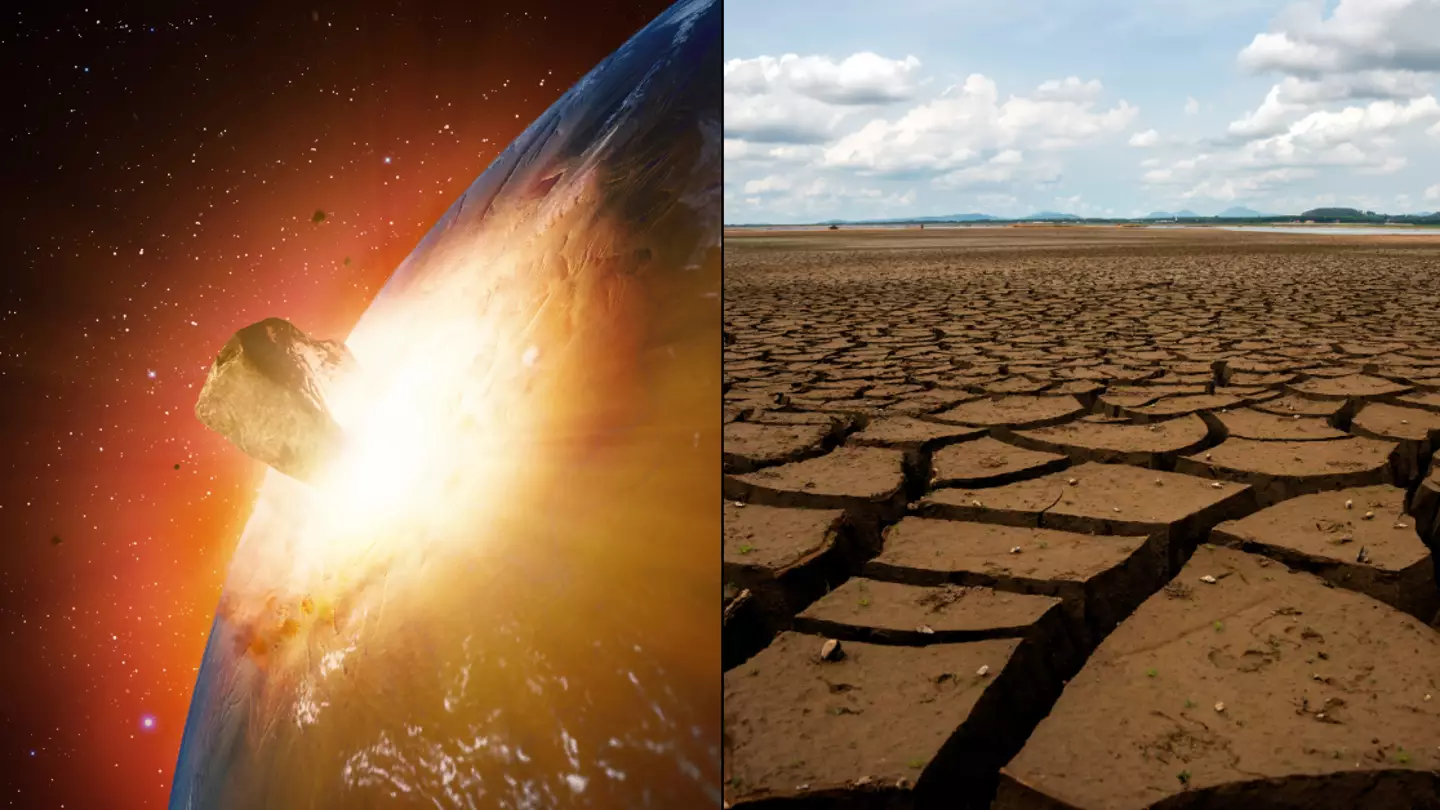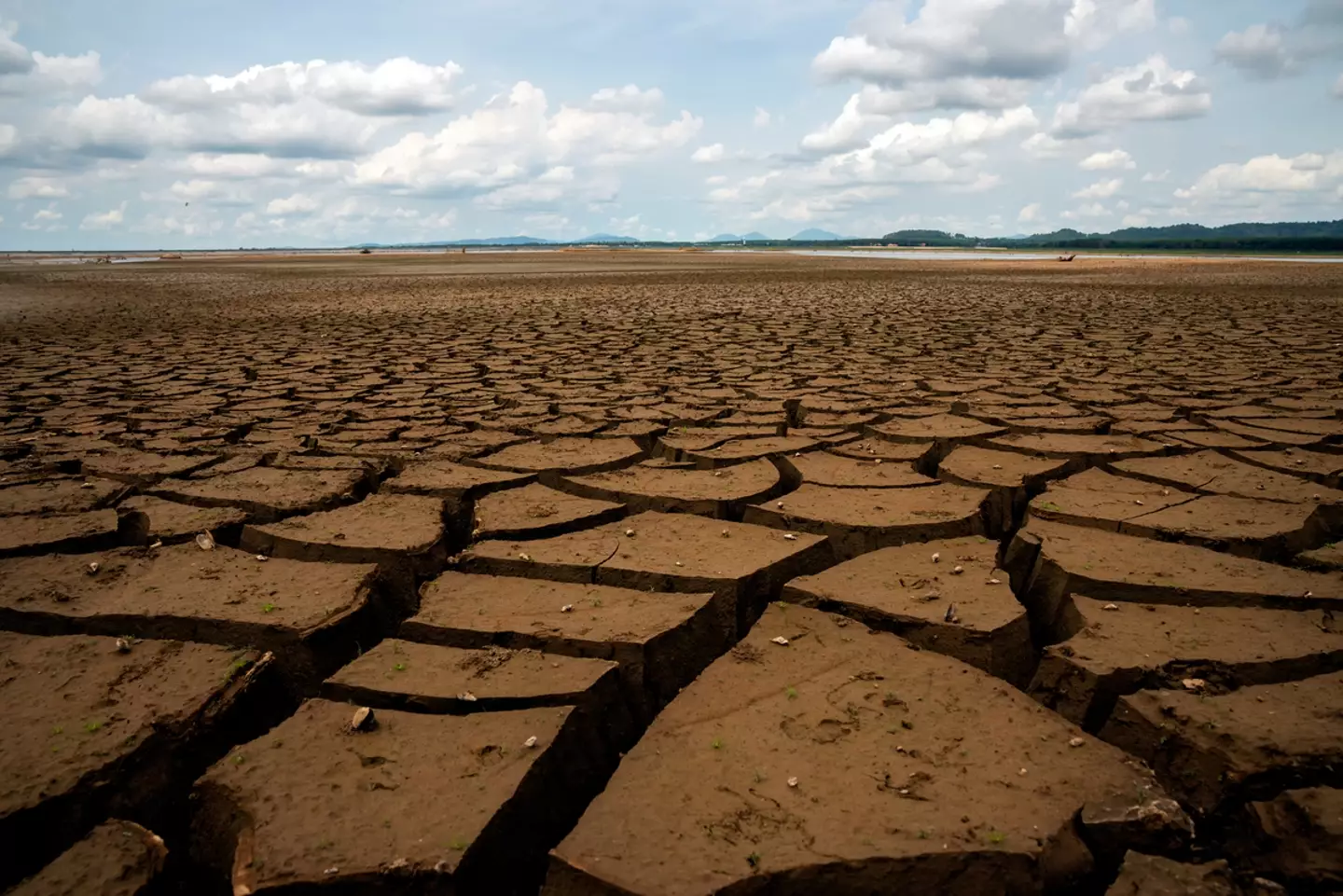
Well this is a merry way to be spending our time.
Do you ever look around at all of the people and buildings and think that at some point in time none of it will be there?
At least, not in a recognisable form.
Advert
Yes, take a look at the world around you and know that in the future there will eventually not be a shred of evidence that it survived.
But that's a concern for generations far off in the future, more pressing now is the 'triple whammy' extinction event that's supposed to be shuffling us all off our mortal coils.

To be exact, supercomputer models predict that in the distant future Earth will be hot, dry and uninhabitable.
Advert
The landmasses of this planet will merge together, more volcanic eruptions will spew higher amounts of CO2 into the atmosphere and the unforgiving Sun will scorch this planet with average temperatures of between 40 and 50 celsius.
That's according to Dr Alexander Farnsworth of the University of Bristol, who said: "The newly-emerged supercontinent would effectively create a triple whammy, comprising the continentality effect, hotter sun and more CO2 in the atmosphere, of increasing heat for much of the planet.
"The result is a mostly hostile environment devoid of food and water sources for mammals. Widespread temperatures of between 40 to 50 degrees Celsius, and even greater daily extremes, compounded by high levels of humidity would ultimately seal our fate.
"Humans – along with many other species – would expire due to their inability to shed this heat through sweat, cooling their bodies."
Advert
Still, good news everyone as what Dr Farnsworth is talking about is scheduled to happen in about 250 million years time, so everyone reading this won't really be around to mind all that much.

That's assuming that our incessant consumption of fossil fuels doesn't bring about these conditions much sooner through climate change.
It'd be a mass extinction event unseen on this planet since the days of the dinosaurs - and we all know how that one went for them.
Advert
Scientists believe that about 75 percent of all species on the planet were made extinct thanks to that one, and humanity's own 'triple whammy' likely won't be anywhere near as immediately dramatic as an asteroid striking the Earth.
Instead we'll consume, degrade and decay until the world is no longer a sustainable habitat for us, and so many other species will go along with it.
Granted, the dinosaurs also didn't have much in the way of space travel to ditch this planet and find a new one, and you'd hope that if we're still around in a few million years time we've found a way to relocate.
Featured Image Credit: Getty Stock ImagesTopics: Science, Environment, Global Warming, Space